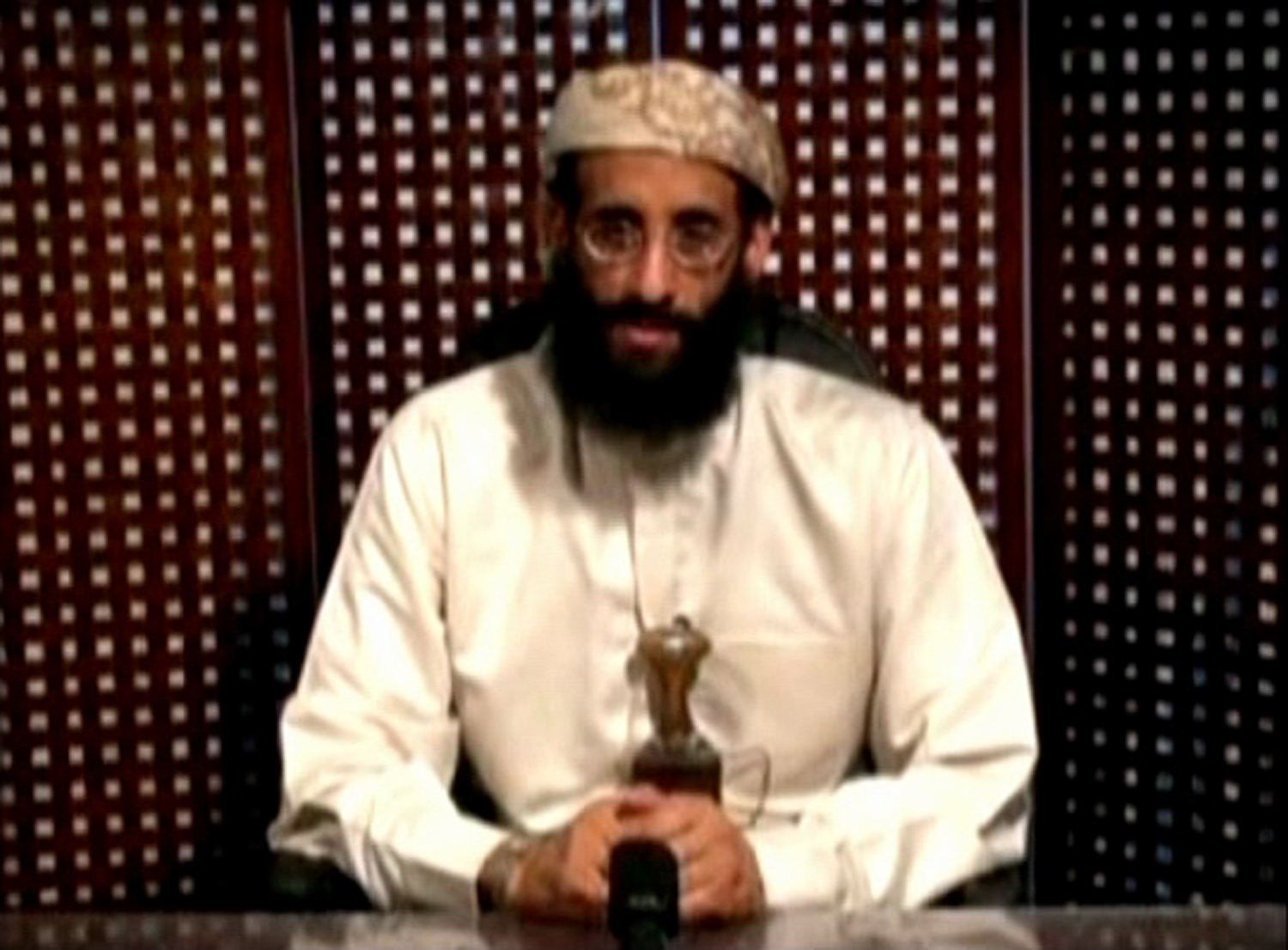In this report, Daniel Byman and Benjamin Wittes profile Anwar Awlaki and other suspected American terrorists who joined the jihadist cause from abroad, and they examine several distinct approaches the U.S. government can use to confront the threat of these U.S. citizen terrorist suspects.
Anwar Awlaki, the U.S.-born preacher and operational leader of Al Qaeda in the Arabian Peninsula, was killed on September 30, 2011, by a U.S. drone strike. The strike itself was not unusual; before Awlaki’s killing, the Obama administration had put the Bush administration’s drone program on steroids, killing hundreds of suspected militants with near-constant strikes in the tribal areas of Pakistan. However, this strike was unique insofar as Awlaki was the first U.S. citizen to be specifically targeted by a drone strike overseas by his government.
The killing of Awlaki as he left a funeral in Yemen put a spotlight on an important question: how does the U.S. government confront an American terror suspect abroad? For policymakers, the presence of American jihadists in foreign countries presents several tricky policy problems compared with similar foreign terrorists. In this paper, we explore the costs and benefits of several distinct approaches available to the U.S. government in confronting the threat of Americans fighting jihad against the United States from abroad.
| How can the U.S. government confront U.S. citizen terrorist suspects abroad? |
| • Target suspects with lethal force. • Capture terror suspects and try them in federal court. • Capture suspects and detain them in military custody. • Assist other countries in prosecuting suspects on their own. • Tolerate the activities of the terror suspects. |
Also within this paper, we catalog the American citizens abroad who have joined the jihadist cause and operated overseas, focusing on those Americans who traveled overseas to join the enemy and have not attempted to return. We specifically profile Anwar Awlaki, the most dangerous traitor to America in the post-9/11 era, explaining why his killing was deemed necessary to the United States government and of particular interest to President Obama. We also examine other cases of American suspects of terrorism, including John Walker Lindh, Yaser Esam Hamdi, Jaber Elbaneh, Kamal Derwish, Adam Gadahn, Samir Khan, Ahmed Oman Abu Ali, and the so-called Lackawanna Six, among others.
Much of the U.S. effort against Americans involved in jihadist activity abroad is quite robust. However, the U.S. approach leaves considerable gaps, particularly regarding Americans involved in pro-Al Qaeda propaganda and recruitment. On some issues, particularly killing suspected American terrorists, outside oversight of executive conduct is thin, leading to the potential for abuse of power. Regarding drone strikes, as long as the number of Americans targeted with lethal force remains low, we argue that leaving targeting questions entirely in executive hands makes sense. The argument for a more formal, prescribed oversight mechanism becomes stronger to the extent the activity becomes more common.
The Brookings Institution is committed to quality, independence, and impact.
We are supported by a diverse array of funders. In line with our values and policies, each Brookings publication represents the sole views of its author(s).





